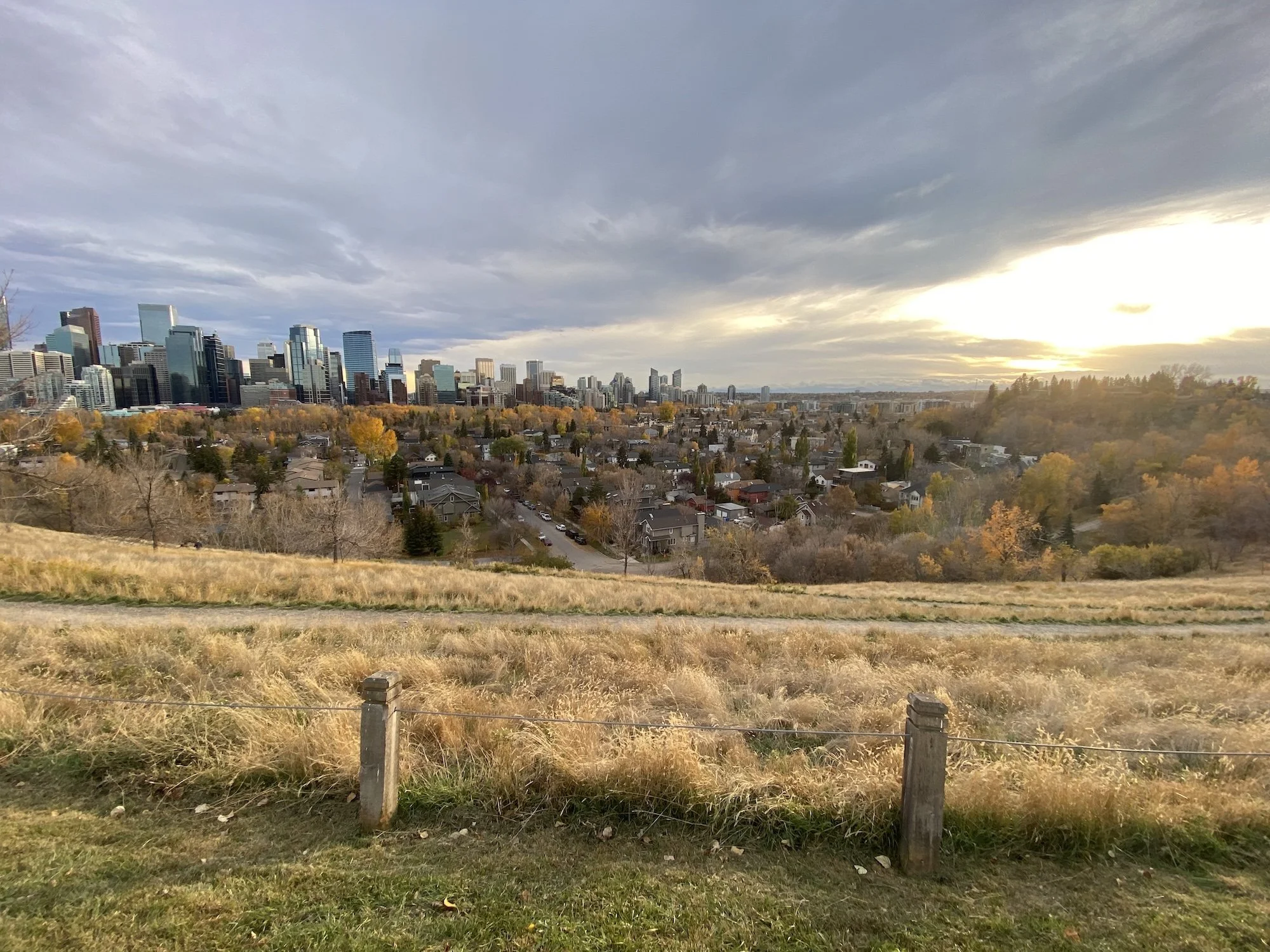Truth and Reconciliation
Today is the National Day for Truth and Reconciliation
On September 30th, we honour the Survivors of Canada’s residential school system, along with their families and communities. From 1867 to 1996, more than 140 federally run residential schools sought to erase Indigenous languages, cultures, and identities, causing profound harm that continues to this day.
The Truth and Reconciliation Commission (TRC) (2008–2015) gathered the voices and experiences of Survivors, documenting the injustices and abuse endured. Its final report included 94 Calls to Action, among them Call to Action #80: the creation of a federal statutory day of commemoration. National Day for Truth and Reconciliation is one step toward remembering this history and committing ourselves to reconciliation.
The importance of the White Goose Flying Report
After the release of the Truth and Reconciliation Commission’s final report in 2015, Calgary City Council asked the Calgary Aboriginal Urban Affairs Committee (CAUAC) to identify which of the 94 Calls to Action could be acted on at the municipal level. The resulting White Goose Flying Report outlines these 43 calls and provides recommendations tailored to Calgary, ensuring they are both feasible and “appropriately aligned to existing City initiatives and policies.”
The report’s recommendations are wide-ranging, from cultural and arts commemoration, to public awareness and training, to policing and employment. If elected as Ward 7 City Councillor, I am committed to advancing this work. I will use my role in public service to help move the recommendations of the White Goose Flying Report forward and to strengthen Calgary/Moh'kinstsis’ journey of truth and reconciliation.
Indigenous Housing is Critical
The recommendations of the White Goose Flying Report are wide-ranging, but today I want to draw specific focus to one that speaks deeply to me: Indigenous housing. The 2023 Housing Needs Assessment revealed that while Indigenous people make up just three per cent of Calgary’s population, they accounted for nearly 30 per cent of people experiencing homelessness in 2022. This stark disparity is appalling and unacceptable. It reflects the lasting impacts of generational oppression and is a painful reminder of how systemic inequities continue to harm our Indigenous neighbours today.
There are reasons for hope. Calgary has begun to take meaningful steps forward through initiatives such as Maa'too'maa'taapii Aoko'iyii'piaya, which supports housing designed, delivered, and owned by and for Indigenous Peoples, redefining what housing can look like when rooted in Indigenous knowledge, values, and self-determination. Building on efforts like this, prioritizing support for Indigenous housing providers, and establishing an Indigenous Community Land Trust are critical responsibilities for the City. These are the kinds of actions I believe are essential if we are to move reconciliation forward in a tangible and lasting way.
A Path Forward
In our land acknowledgments, we speak of living on “Treaty 7 lands.” History has shown us that these treaties were exploitative and laid the groundwork for much of the hardship and trauma inflicted on Indigenous nations and their peoples. To forge a better path forward, I believe we must return to the spirit that many of the Treaty 7 signatories thought they were entering into: an agreement rooted in mutual benefit and shared prosperity in this place.
We can only reach that future by digging deep into what this day is all about—allowing ourselves to sit with uncomfortable truths of the stories of Survivors and the systemic erasure of Indigenous nations across generations. From there, our responsibility is to commit to ongoing, tangible acts of reconciliation that support healing, recovery, and the building of a just and respectful relationship for the generations to come.

